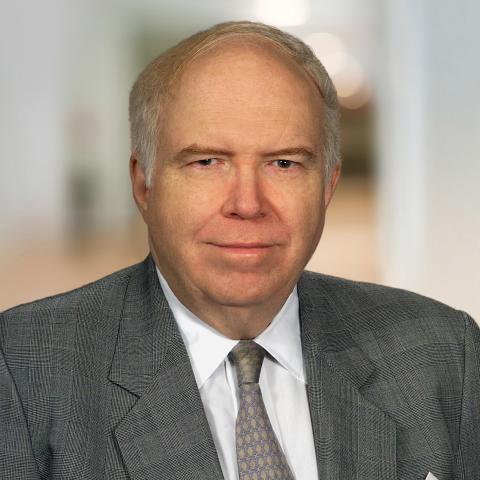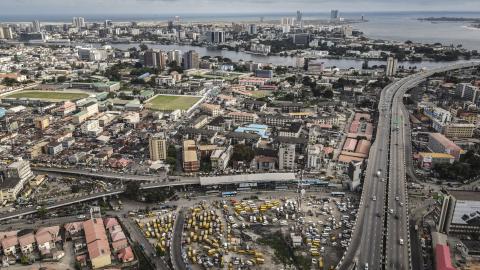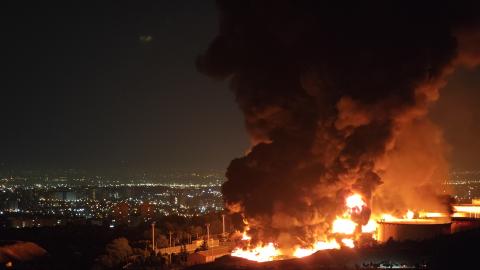Michael Gerson describes only part of the problem of prosperity. To understand the issue, you need to think of the whole world going down the same road, but starting at different times. Some are further ahead, and we can use their experience to see what those who are coming later can expect.
When Abraham Lincoln was a boy, the U.S. was poorer than most countries are today. For some time he lived in a house that didn't have four walls. About a century later the U.S. became the first country to become wealthy if you use a populist definition of " wealthy:" that is, if you look at how ordinary people live. A " wealthy" country can today be defined as one in which life expectancy is over 72 and at least three-fourths of children complete secondary school. About 15% of the world's people now live in wealthy countries. Portugal is an example of a country that has recently crossed the border to wealth, and many countries are getting close. By the end of this century, when China and India will have become wealthy, probably three-fourths of the world will live in wealthy countries.
So what is the problem with this growing prosperity? There are two kinds of problems. One is the kind of practical task that Gerson talks about. This includes increasing production of all kinds of things that people who are not poor will buy when they have enough money, and keeping the planet clean against the environmental pressures of so much production. The second kind of problem is the effect of wealth on human character and happiness. We all know wealthy people whose lives are a mess whom we suspect would have been better off never having been wealthy.
The practical tasks of providing for, and cleaning up after, billions of newly wealthy people will be a big challenge for some years. But we can gain perspective from experience. Because of population increases which may be coming to an end in the middle of this century and growing wealth, the world has been multiplying its use of all kinds of raw material for well over a century. During that time the cost of grain, meat and all kinds of raw materials has been steadily declining. We now need only a fraction of the amount of money, or of the work hours, that we used to need to produce a ton of grain or a ton of copper. We can be confident that we will rapidly overcome the difficulty of meeting the demands of those who are now becoming wealthy. Prices may rise for a little while, but before long the long-term trend of price declines for material goods and price increases for human effort.
The pattern concerning pollution that we have seen, in one country after another, is first poverty and clean air, then development and pollution, then wealth and steadily reduced pollution. We have found that, like our houses, we can keep our environment about as clean as we can agree on and decide to pay for. There is every reason to believe that these lessons will apply to the part of the world now becoming wealthy, as it applied to the part that became wealthy before now.
We have less basis for confidence in our ability to overcome the deeper problem concerning the effect of prosperity on human life, which comes from the removal of traditional challenges and constraints, and the increasing rarity of many of the kinds of experiences that once helped people to learn discipline, patience, and other practical virtues.
In another century or two we will live in a wealthy world. If the experience of Western Europe, which used to be dominated by war and tyranny, is any guide, it will also be a democratic and peaceful world. Then we will see whether we can make good and happy lives in a wealthy, free, and peaceful world. Gerson may be right that prosperity can be a trap but we shouldn't despair, the result depends on what we do ourselves.
















